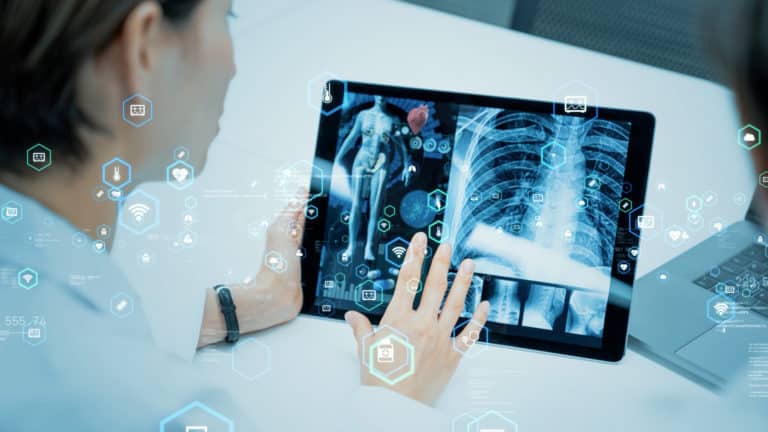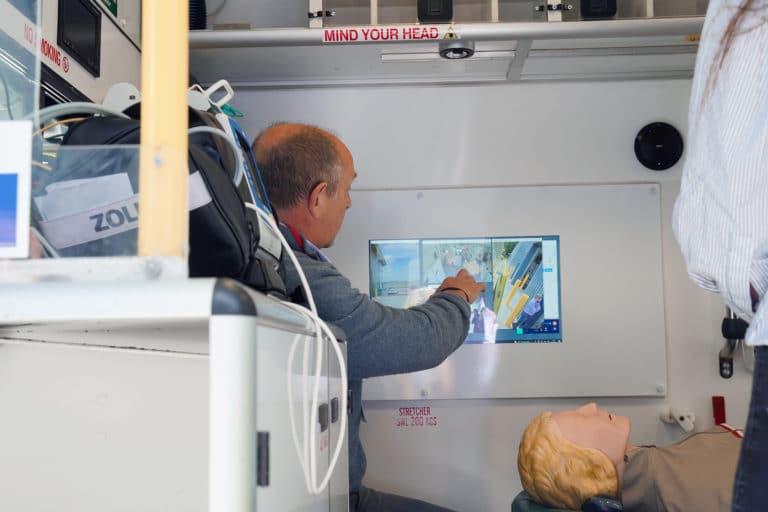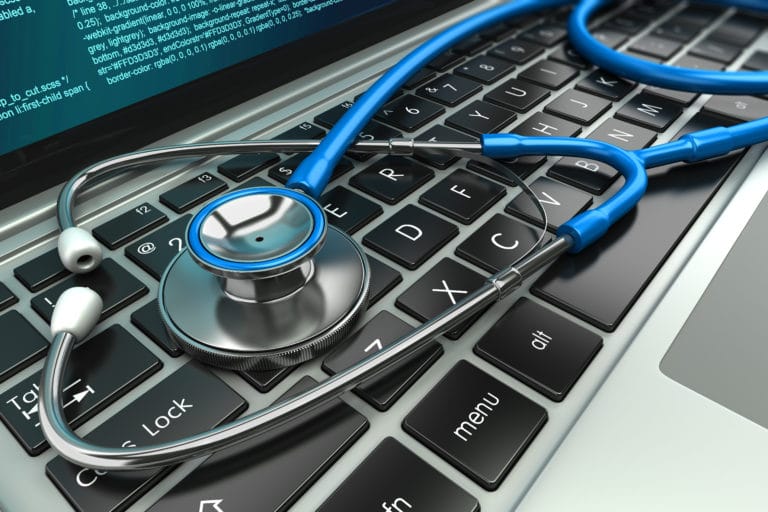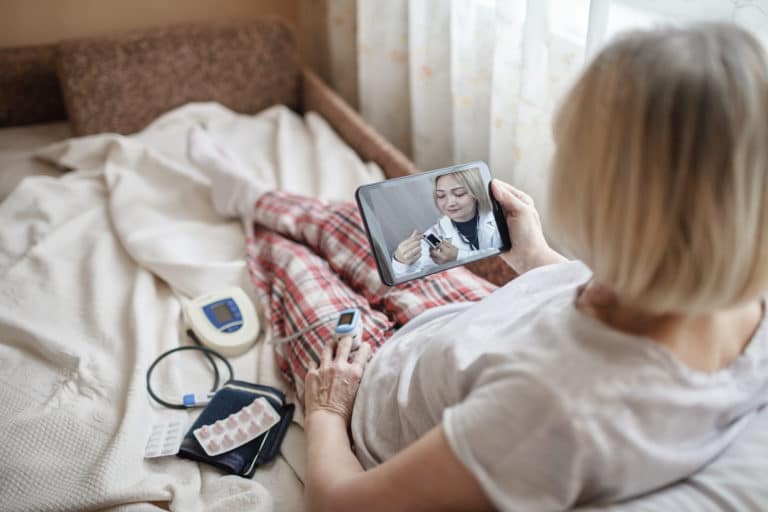You could describe the relationship humans have with technology as ‘love/hate’, but there are very real ways technology is already helping those with mental health issues. With growing numbers of those who suffer with mental illnesses, technology is likely to be the answer to healthcare institutions who buckle under the pressure of growing populations and a reduction in funds to help them. The future of helping those with mental health issues could lie in technology. But how?
The following highlights three very real ways technology is already helping those with mental health conditions and considers the pros and cons of each.
1. Convenience with mental health apps
There are apps for pretty much anything you can imagine whether it’s finding new friends or your next date, through to an app that tells you where your car is in a pirate voice (Carrr Matey). But mental health apps are used by millions across the globe to assist with a wide variety of mental health issues.
Calm and Headspace are perhaps the most well-known mental health apps, helping people to fall asleep and practice meditation. There are also apps that encourage journaling and online therapy apps that ensure users have access to trained therapists 24/7.
Pros and cons of mental health apps
The biggest pro of mental health apps is the convenience of receiving treatment anytime and anywhere. 95% of people own mobile phones in the UK (2018, Statista), meaning nearly all adults in the UK can have access to mental health treatment in their pocket.
Mental health apps also offer an introduction to mental health care. Technology of this sort can be a great first step for those who have avoided getting help for mental health issues.
Mental health apps provide added support. They can complement more traditional routes of mental health care by reinforcing techniques such as those used in CBT.
On the other hand, mental health apps can be a bit of a minefield. Security, effectiveness, regulation, and privacy are all potential issues for users. The future success of mental health apps will lie in developers working closely with clinicians and sufferers to ensure what they create is making a substantial difference to mental health.
2. Access with telehealth
In 2020, the only way to access mental health support from specialist clinicians was via the telephone or using telehealth platforms. Even once the threat of COVID has gone, telehealth offers both clinicians and mental health sufferers a huge opportunity to access support from anywhere.
Video conferencing can offer more of a human connection than the telephone and telehealth allows those who have limited access to local support, the access they need and deserve. Telehealth can help to connect those in rural areas and those with limited mobility physically, as well as being more convenient for those people with full time jobs struggling to get to appointments within the working hours of the day.
Pros and cons of telehealth
Making healthcare accessible is incredibly important; it’s Visionable’s mission, in fact. Being able to connect specialists from anywhere to anywhere, means that those who need mental health support have a greater access to the care they need. Telehealth can also help with shortages of specialists, as their care and support isn’t bound by the walls of the healthcare institute they work for. Virtual care has the potential to help mental health sufferers on a global scale: a specialist in the USA can speak with a patient in India exploding the potential for access and equitability.
Telehealth technology will never be able to replace some face-to-face mental health treatment that is needed. And the technology needed must be fit for purpose to ensure treatment is quality. Virtual care platforms need to be secure, private and designed with healthcare in mind, like Visionable.
3. Understanding with online support groups
Mental health conditions can make sufferers feel alone. But online support groups in the form of social media groups, or ones specifically set up by charities like Sidy by Side set up by Mind, can be hugely beneficial.
Peer-led support groups help people make connections, find common ground and share their experiences with others who have gone through similar things. There might be emotional support benefits, or advice and health-related support within support groups. Done in the right way, they can also fill a gap between medical treatment and the need for emotional support after treatment.
Pros and cons of online support groups
Support groups can be in person or online. The benefits of online support groups allow more frequent access to a support network. It also ensures that those who do not have access to local support groups, can still benefit. There is a degree of privacy and anonymity through online support, which could be seen as both a positive and a negative.
However, online support groups, if not run correctly or moderated, can become negative spaces. Online communication between peers can make it difficult to convey tone and misinformation can be a difficulty. The key to successful online support is that it is run in conjunction with specialists in the field who can host and support alongside.
Technology: the present and future of mental health
There is so much potential in technology to revolutionise healthcare, and mental healthcare in particular as it becomes a growing issue in the 21st Century. Designed and built well, technology can help ensure everyone across the globe has access to the support and care they need, when they need it. At Visionable, we’re already helping healthcare institutions save money and lives, and we intend to continue our mission to make healthcare more equitable and accessible for all now and into the future.












